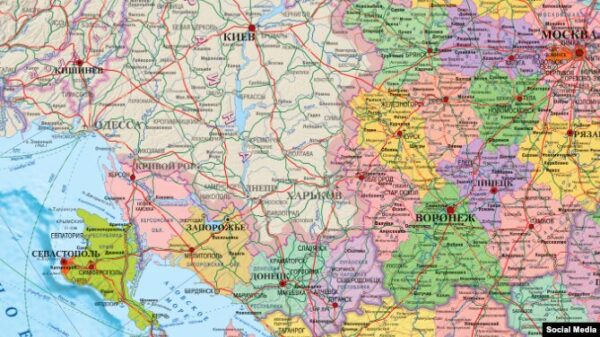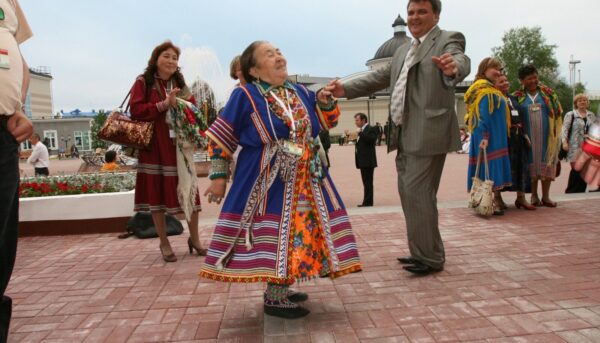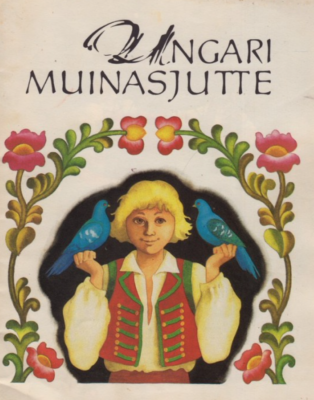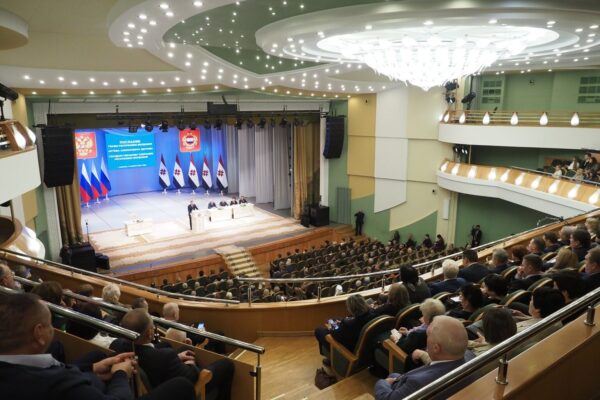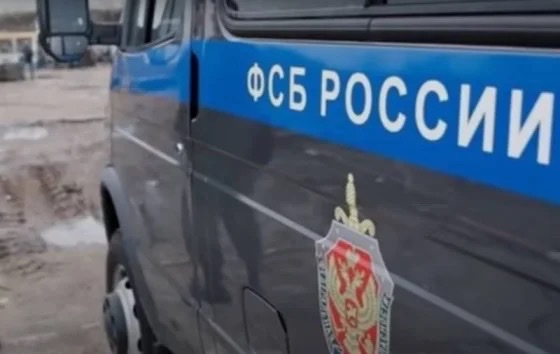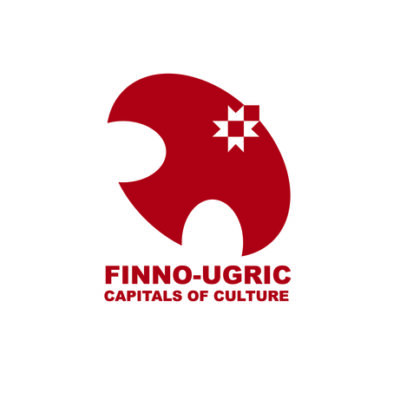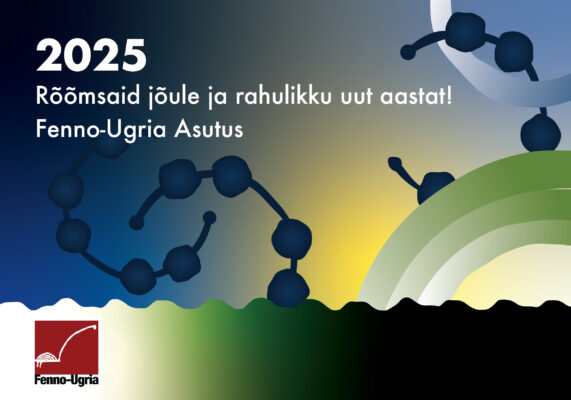
News
New Russian map used in Udmurt schools
In Udmurtia, schools were obliged to display maps of the Russian Federation showing territories that are not de facto or de jure controlled by Russia.
Opening ceremony of Finno-Ugric Capital of Culture Narva 2025: overview
On the first days of spring, on 1 and 2 March, the city of Narva was celebrated as the 2025 Finno-Ugric Capital of Culture. The …
Narva is the Finno-Ugric Capital of Culture 2025
Narva became the Finno-Ugric Capital of Culture on Saturday 1 March 2025, and the opening ceremonies were also covered by ERR. The author of the …
Plan of Narva 2025 Finno-Ugric Capital of Culture unveiled
House of Ingria, the main organiser of Narva 2025, has unveiled the Capital of Culture programme. The focus of the events organised by Fenno-Ugria will also be on Narva this year: the Kindred Peoples' Days conference 'Ingrian - land, people and culture' will take place at Narva Town Hall on 16 October, while the big event of the kindred peoples' month, a Finno-Ugric music concert, will take place on 18 October in the Rugodiv Culture House. Fenno-Ugria will also organise its travelling exhibitions in various cultural institutions and schools in Ida-Viru County this season.
Post of Indigenous Ombudsman created in Khanty-Mansi Autonomous Region
An indigenous ombudsman is created in the Khanty-Mansi Autonomous Region. Such a proposal was made by the new governor of the region, Ruslan Kuharuk, who …
Hungarian Culture Day on 22 January
Since 1989, Hungarian Culture Day has been celebrated on 22 January. It is the day on which the poet Ferenc Kölcsey (1790-1838) completed the text …
The 95th birthday of the Republic of Mordovia celebrated on 10 January
As is already customary in the Republic of Mordovia, no major events were held on the occasion of the Republic’s birthday. Exhibitions dedicated to the …
Republic of Karelia declared a terrorist organisation in Russia
FSB, the security agency of the Russian Federation, has updated the list of 'terrorist' organisations to include Karelia's current official Karelian name, 'Karjalan tašavalta/tazavaldkund/tazavaldu'.
Ingrian House to host the events of the Finno-Ugric Capital of Culture 2025 in Narva
Ekaterina Kuznetsova, Director of the Narva Ingrian House, gave an overview of the events of the Finno-Ugric Capital of Culture Narva 2025 on Raadio 4 …
In memoriam Arnold Rüütel (1928-2024)
The deceased President of the Republic of Estonia will go down in the history of our country as a statesman who was one of the …
'Silverwhite' published in English next year
The iconic work by Lennart Meri, published in 1976, will be translated into English. The translation will be published next spring.
